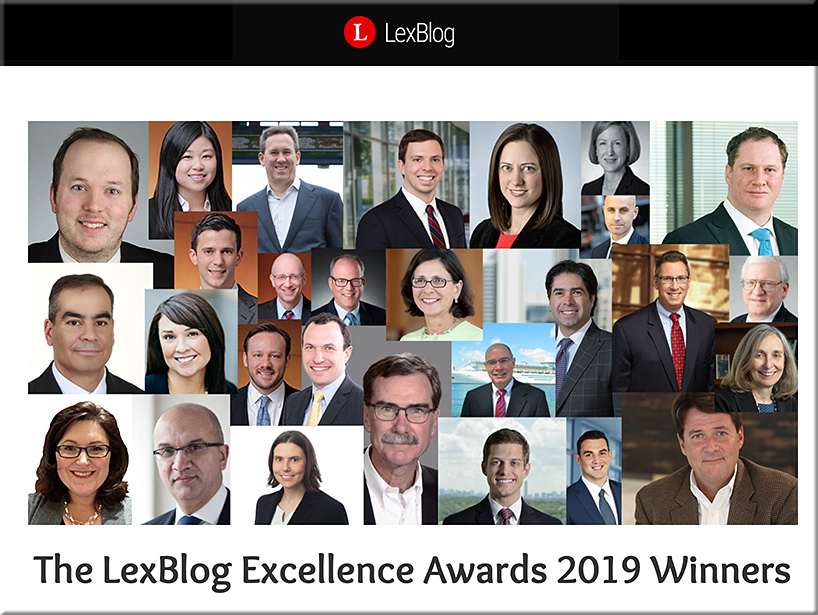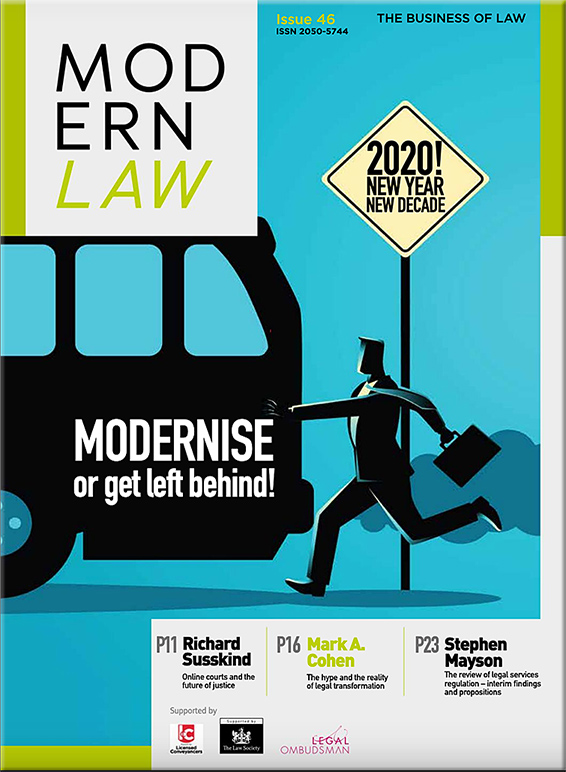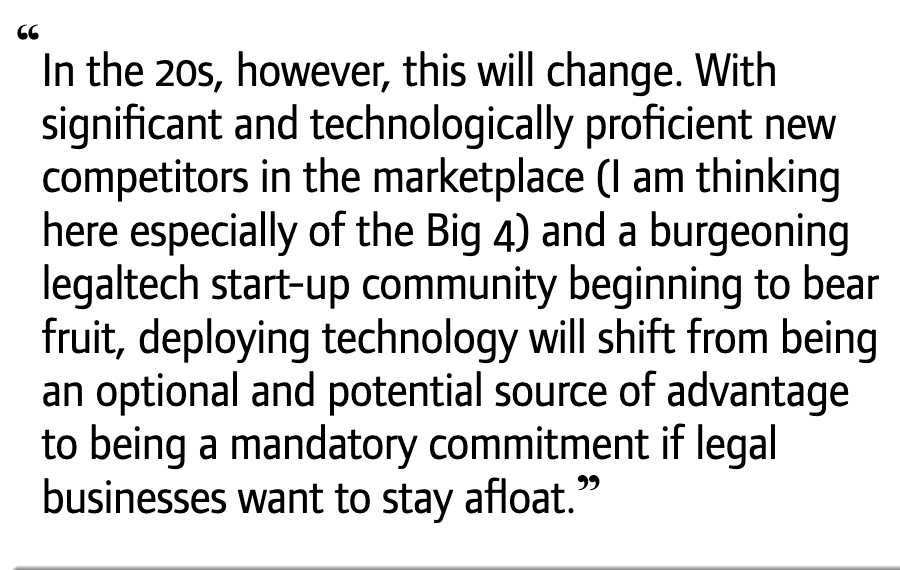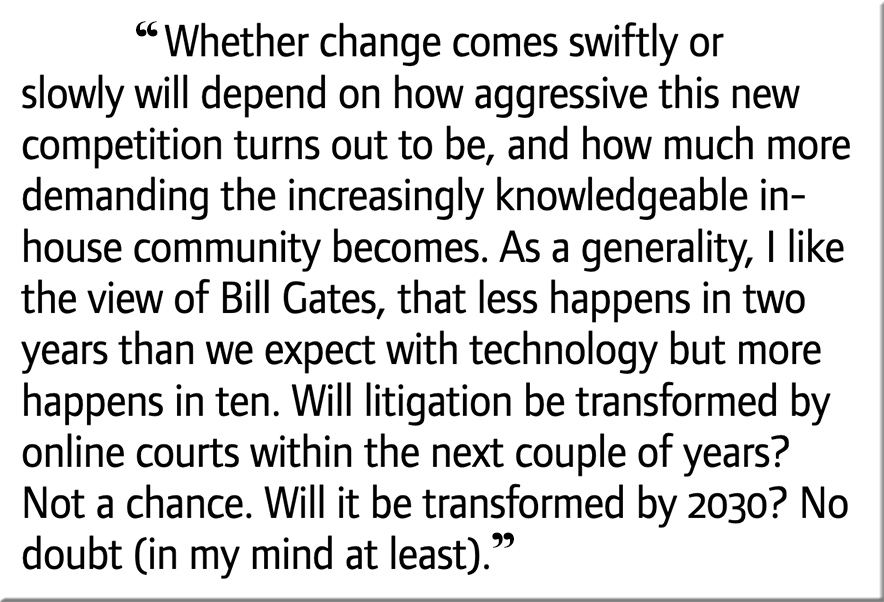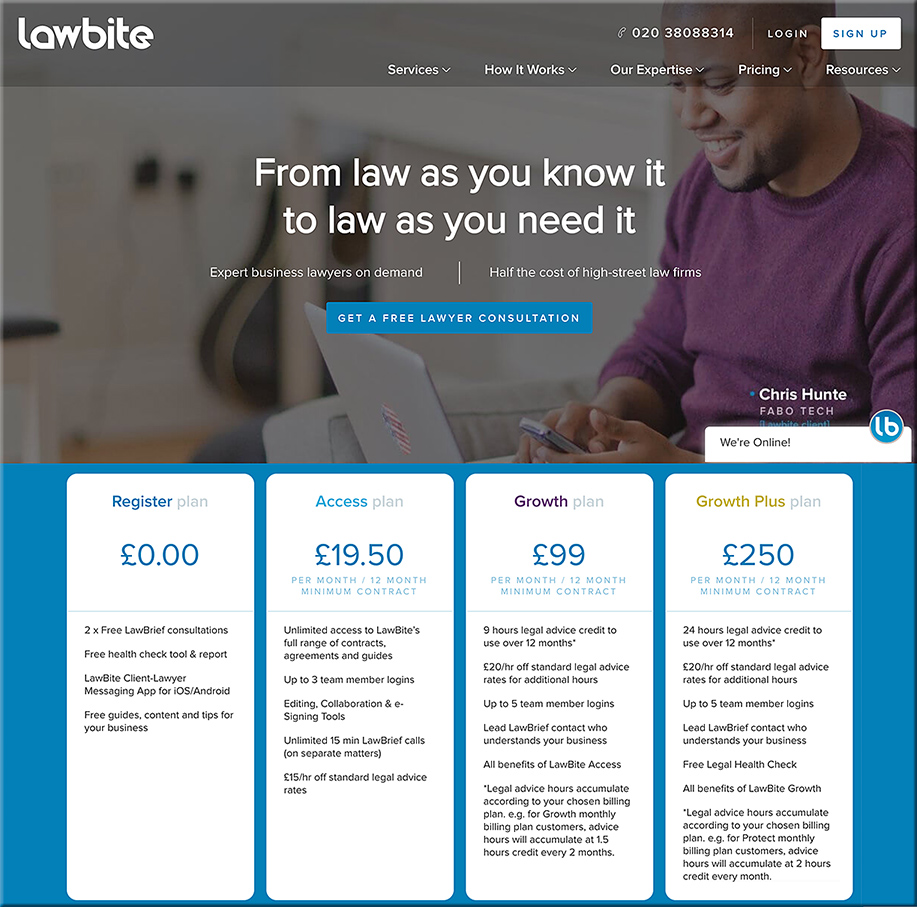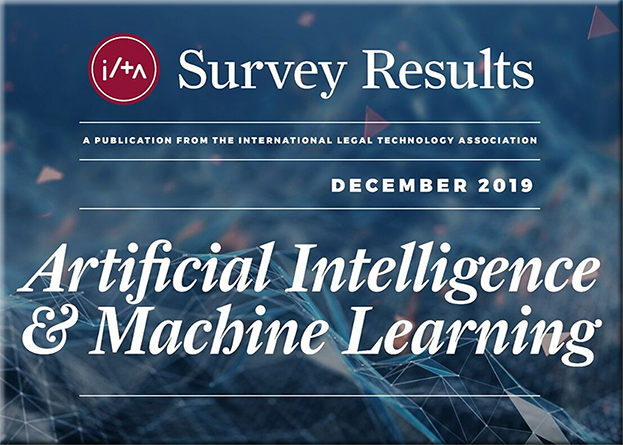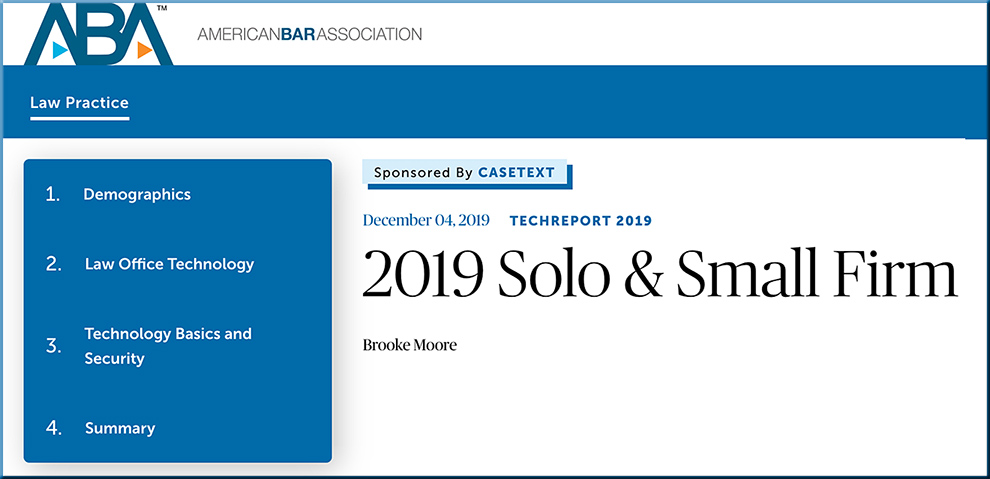Juris announces launch of AI powered software to help people solve their own legal problems — from finance.yahoo.com
Excerpt:
Legal technology company Juris has announced the launch of their service, DepositLetter, an online tool built to recover illegally withheld security deposits on behalf of renters. Customers complete a five-minute online interview and Juris does the rest automatically to show their former landlord that they know their rights under the law, to demand their money back, and even threaten to sue. DepositLetter is the first service built on the Juris Virtual Legal Assistant platform, a law-powered A.I. expert system made to help people solve their own legal problems.
Also see:
Millennial lawyers demand mobility. Are law firms ready to provide it? from law.com by Alex Babin
Like it or not, remote work is coming to the legal world. Even among law firms, the development of policies to accommodate work performed away from the office appears to be a notable trend.
Excerpt:
Like it or not, remote work is coming to the legal world. Even among law firms, where I am repeatedly reminded that the adoption of technology tends to lag behind other workplaces and industries, the development of policies to accommodate work performed away from the office appears to be a notable trend. In part, this is being driven by increasing numbers of millennials in the legal workforce. According to a 2019 Deloitte survey, nearly 75% of millennials think a “work-from-home” or “work remotely” policy is important. But the changing perspective is also very likely a function of a broader transition in the legal industry toward technology-enabled efficiency.









